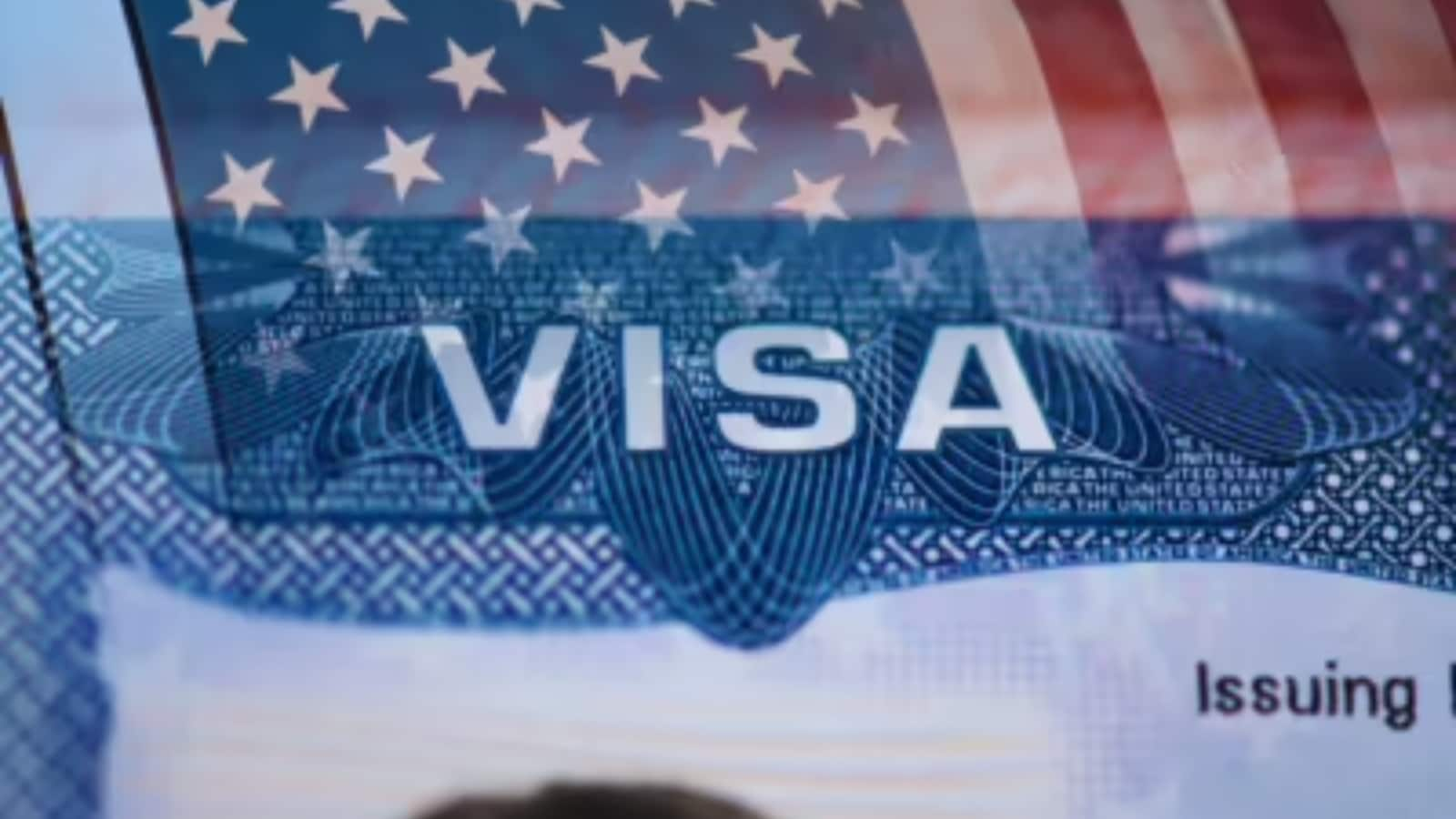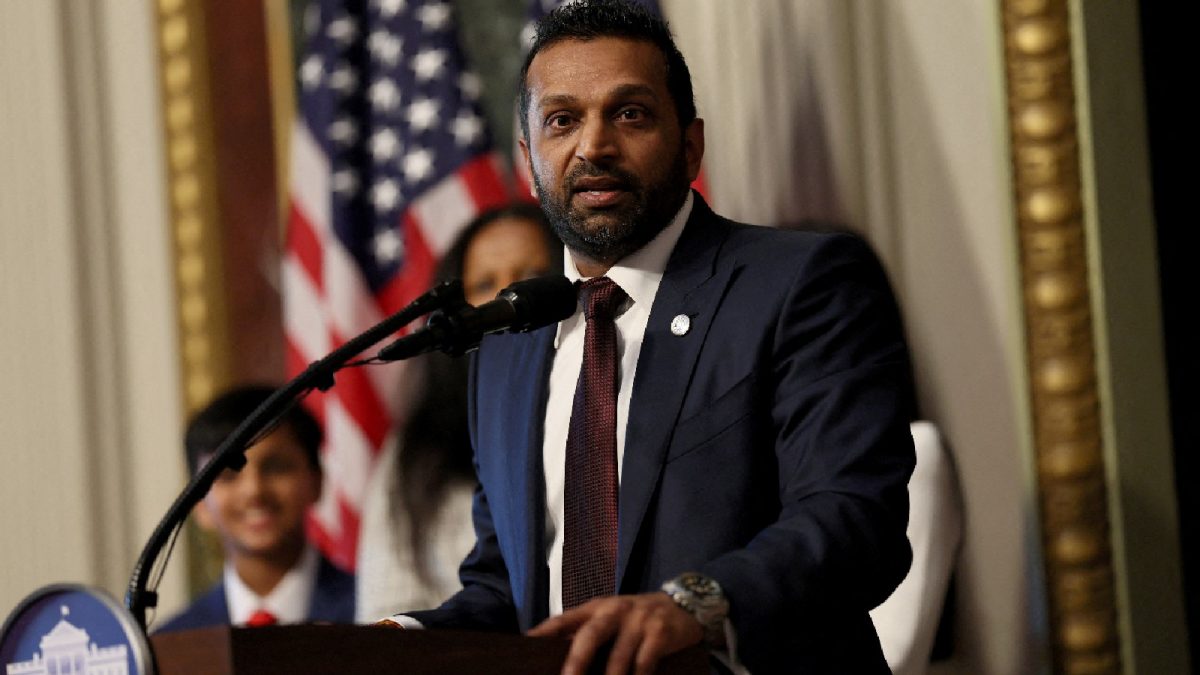The US State Department warns Americans not to travel to Iran due to risks of wrongful detention, terrorism, and legal traps, urging citizens to prepare for emergencies and avoid travel entirely.

The US State Department has urged American citizens not to travel to Iran “for any reason."
In its starkest advisory, the US State Department has urged American citizens not to travel to Iran “for any reason,” citing an escalating pattern of wrongful detentions, threats to civil aviation, terrorism, and misleading surrogacy services.
The updated Level 4: Do Not Travel advisory comes amid growing tensions and a string of high-profile detentions involving US nationals. “US citizens in Iran face serious dangers,” the department warned. “They have been kidnapped and wrongfully arrested. Some have been held for years on false charges, subjected to psychological torture, and even sentenced to death.”
American citizens — especially dual US-Iranian nationals, journalists, students, and business travelers — are being targeted without warning or evidence of any crime, the government said. The advisory emphasized that “having a US passport or connections to the United States can be reason enough for Iranian authorities to detain someone.”
There are currently no formal diplomatic or consular relations between Washington and Tehran. In the event of arrest or detention, the US cannot directly intervene; instead, the Swiss government acts as the “protecting power” for US interests. However, consular access is often denied, especially to dual nationals.
TERROR THREATS AND AVIATION RISK
The advisory also highlights the increasing danger from violent extremist groups. "ISIS and related groups have taken responsibility for bombings and other attacks in the country. The risk of terrorism and deadly harm to bystanders continues," it noted.
Due to escalating threats in Iranian airspace, the Federal Aviation Administration (FAA) has banned US flights to, from, or through Iran. The department urged Americans to consult the FAA’s NOTAM and SFAR alerts for updates on civil aviation risks.
Adding to the list of concerns is Iran’s unregulated surrogacy industry, which, according to the advisory, has grossly misrepresented security risks and US citizenship law.
“Iranian surrogacy providers have also been known to misrepresent US citizenship law,” the State Department warned. “If a child born overseas to a surrogate is not genetically or gestationally related to a US citizen parent or their spouse, the child will not automatically acquire US citizenship at birth and will not be able to obtain a US passport to leave Iran.”
The tone of the advisory is unusually grave, urging would-be travellers to prepare for the worst. Among the recommendations:
- Drafting a will
- Leaving DNA samples with a medical provider
- Establishing a proof-of-life protocol
- Sharing sensitive login and personal documents with family
- Ends
Published By:
Aashish Vashistha
Published On:
Jul 11, 2025

 1 month ago
1 month ago


















